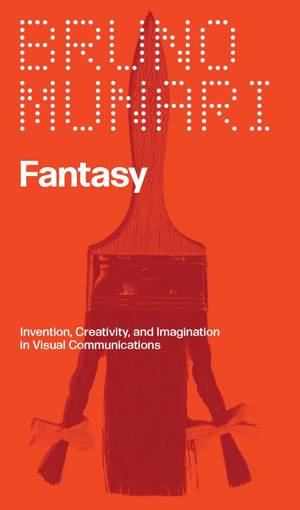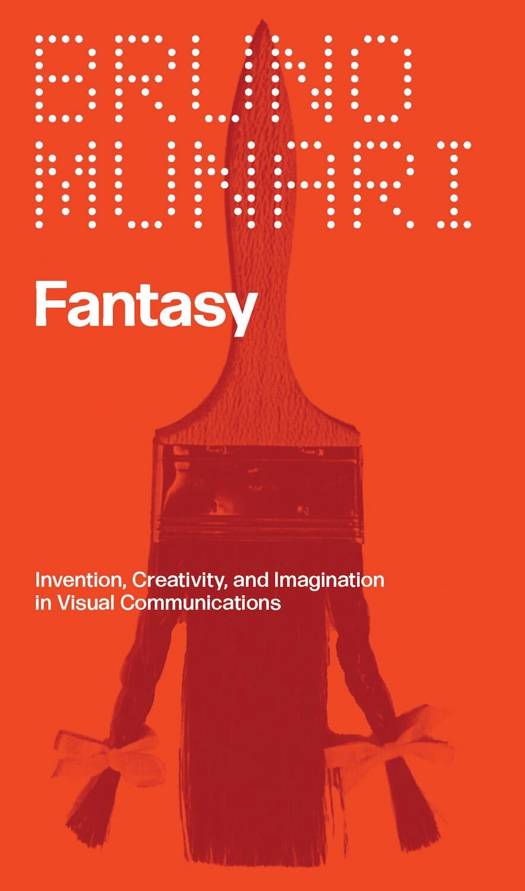
- Afhalen na 1 uur in een winkel met voorraad
- Gratis thuislevering in België vanaf € 30
- Ruim aanbod met 7 miljoen producten
- Afhalen na 1 uur in een winkel met voorraad
- Gratis thuislevering in België vanaf € 30
- Ruim aanbod met 7 miljoen producten
Fantasy
Invention, Creativity, and Imagination in Visual Communications
Bruno MunariOmschrijving
The first-ever English translation of Bruno Munari's classic treatise on creativity, replete with new contextualizing annotations
"But isn't imagination also fantasy? And can't fantastic images also assume the form of sounds? Musicians speak of sonic images, sound objects. How does one invent a fish tale, an air-cooled engine, a new plastic? ... fantasy, invention, creativity think; imagination sees."
Never before translated into English, Bruno Munari's Fantasy, originally published in Italian in 1977, invites the reader to explore their own imagination, creativity and fantasy through a journey into Munari's mind and work. His theory of creativity, developed in conversation with the Reggio Emilia Approach (a self-guided approach to education) and the work of Jean Piaget (a Swiss developmental psychologist who proffered a theory termed "genetic epistemology") foregrounds the book's journey through Munari's design processes, both working for clients and teaching design principles to children. By turning both life and work into a classroom, Munari unlocks a path through imagination in order to access his, and in turn the reader's, deepest sense of play.
The facsimile reprint is accompanied by new contextual annotations by Munari scholar and design historian Jeffrey Schnapp. These microinterventions highlight the innovations that make this work as relevant today as when originally published.
Bruno Munari (1907-98) was an Italian artist, designer and inventor who contributed fundamentals to many fields of visual arts (painting, sculpture, film, industrial design, graphic design) in Modernism, Futurism and Concrete art, as well as to nonvisual arts (literature, poetry) through his research on games, didactic method, movement, tactile learning, kinesthetic learning and creativity.
Specificaties
Betrokkenen
- Auteur(s):
- Vertaler(s):
- Uitgeverij:
Inhoud
- Aantal bladzijden:
- 240
- Taal:
- Engels
Eigenschappen
- Productcode (EAN):
- 9781941753705
- Verschijningsdatum:
- 31/12/2024
- Uitvoering:
- Paperback
- Formaat:
- Trade paperback (VS)
- Afmetingen:
- 112 mm x 183 mm
- Gewicht:
- 181 g

Alleen bij Standaard Boekhandel
Beoordelingen
We publiceren alleen reviews die voldoen aan de voorwaarden voor reviews. Bekijk onze voorwaarden voor reviews.











